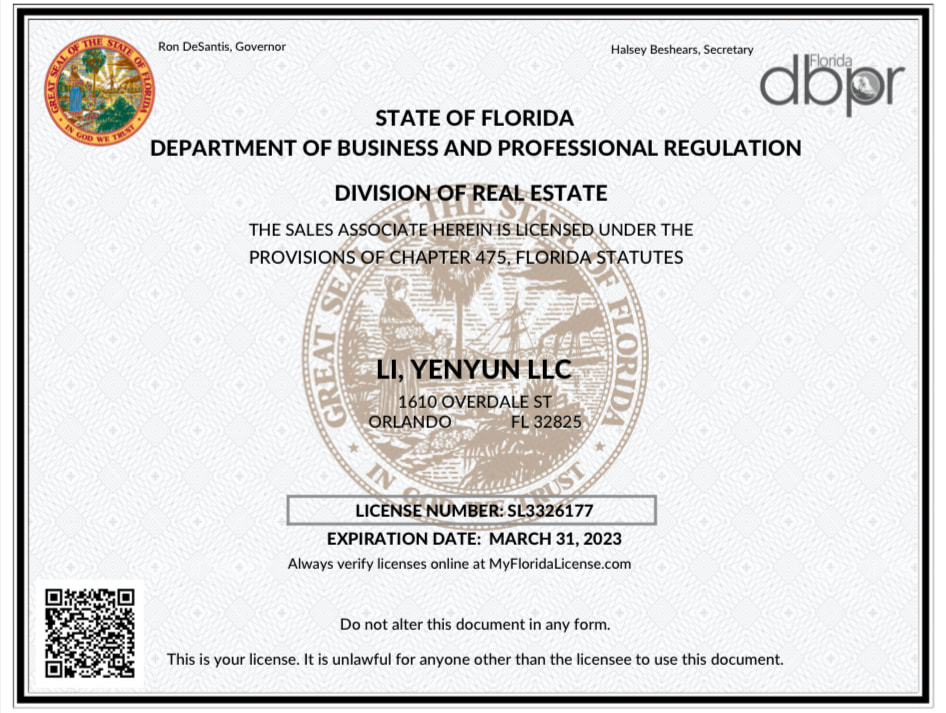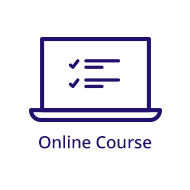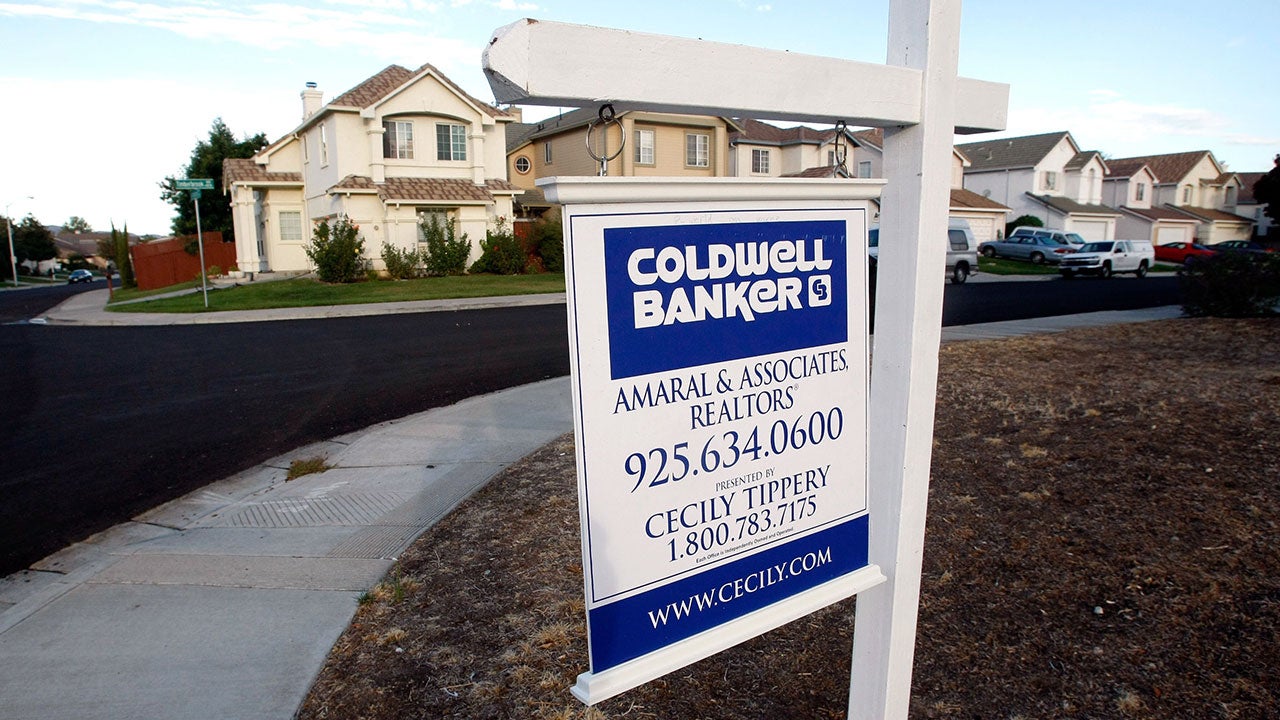
To become a South Carolina real estate agent, you will need to fulfill certain requirements. These requirements include the requirement for residency, pre-licensing education and the examination. Continue reading to find out more about the requirements and process. Once you've mastered these areas, you'll feel ready to launch your realty career.
Pre-licensing education
A minimum of 90 hours education is required by the South Carolina Real Estate Commission before a license may be issued. You can take these courses through an online school, a self-study course or through a realty school. The commission must approve the course.

South Carolina can recognize real estate licences from other jurisdictions. However, applicants must pass the South Carolina section of the licensing exam. Broker license applicants must also have three years experience.
Examination requirements
To obtain a South Carolina real estate license, you must pass the state licensing examination. The South Carolina Real Estate Commission (SCREC) administers the exam. You must pay a $25 application fee to sit for the test. Pay online with Visa, Mastercard and a check. The exam consists of two sections, one national and one state. The test is taken on a computer and the results can be accessed online immediately.
To become a South Carolina real estate agent, you will need to pass an exam and be sponsored in this way by a broker. Once you have passed the exam and been sponsored by a broker-in-charge, you can apply for your sales license within one (1) year. You can also obtain a license by transferring a license from another state.
South Carolina Real Estate License requirements
To become a South Carolina licensed agent you will need to first be issued a license by the state. You can do this in one of two ways. The first is to get your degree from an accredited real estate school. Another option is to study at an accredited college. You can get a college education regardless of what university you choose. This will help prepare you for the real property exam.

By passing the South Carolina realty exam, you can obtain a South Carolina licensed real estate license if your license is in good standing in another state. The state requires applicants to complete a prelicensing course before they can take the exam. They must also pass a background check to verify their legal status.
FAQ
How can I fix my roof
Roofs can become leaky due to wear and tear, weather conditions, or improper maintenance. For minor repairs and replacements, roofing contractors are available. Contact us for more information.
How do I calculate my interest rate?
Market conditions can affect how interest rates change each day. The average interest rate for the past week was 4.39%. Divide the length of your loan by the interest rates to calculate your interest rate. Example: You finance $200,000 in 20 years, at 5% per month, and your interest rate is 0.05 x 20.1%. This equals ten bases points.
What flood insurance do I need?
Flood Insurance covers flooding-related damages. Flood insurance can protect your belongings as well as your mortgage payments. Find out more information on flood insurance.
What are the most important aspects of buying a house?
When buying any type or home, the three most important factors are price, location, and size. Location refers the area you desire to live. The price refers to the amount you are willing to pay for the property. Size is the amount of space you require.
Statistics
- Based on your credit scores and other financial details, your lender offers you a 3.5% interest rate on loan. (investopedia.com)
- Some experts hypothesize that rates will hit five percent by the second half of 2018, but there has been no official confirmation one way or the other. (fortunebuilders.com)
- This seems to be a more popular trend as the U.S. Census Bureau reports the homeownership rate was around 65% last year. (fortunebuilders.com)
- Private mortgage insurance may be required for conventional loans when the borrower puts less than 20% down.4 FHA loans are mortgage loans issued by private lenders and backed by the federal government. (investopedia.com)
- This means that all of your housing-related expenses each month do not exceed 43% of your monthly income. (fortunebuilders.com)
External Links
How To
How to Manage A Rental Property
While renting your home can make you extra money, there are many things that you should think about before making the decision. These tips will help you manage your rental property and show you the things to consider before renting your home.
Here's how to rent your home.
-
What factors should I first consider? Before you decide if you want to rent out your house, take a look at your finances. If you have outstanding debts like credit card bills or mortgage payment, you may find it difficult to pay someone else to stay in your home while that you're gone. It is also important to review your budget. If you don't have enough money for your monthly expenses (rental, utilities, and insurance), it may be worth looking into your options. This might be a waste of money.
-
How much is it to rent my home? There are many factors that go into the calculation of how much you can charge to let your home. These include factors such as location, size, condition, and season. It's important to remember that prices vary depending on where you live, so don't expect to get the same rate everywhere. Rightmove has found that the average rent price for a London one-bedroom apartment is PS1,400 per mo. This means that your home would be worth around PS2,800 per annum if it was rented out completely. That's not bad, but if you only wanted to let part of your home, you could probably earn significantly less.
-
Is it worth it. Although there are always risks involved in doing something new, if you can make extra money, why not? You need to be clear about what you're signing before you do anything. Not only will you be spending more time away than your family, but you will also have to maintain the property, pay for repairs and keep it clean. Make sure you've thought through these issues carefully before signing up!
-
Are there any advantages? Now that you have an idea of the cost to rent your home, and are confident it is worth it, it is time to consider the benefits. Renting out your home can be used for many reasons. You could pay off your debts, save money for the future, take a vacation, or just enjoy a break from everyday life. It is more relaxing than working every hour of the day. If you plan well, renting could become a full-time occupation.
-
How can I find tenants? After you have decided to rent your property, you will need to properly advertise it. You can start by listing your property online on websites such as Rightmove and Zoopla. Once potential tenants contact you, you'll need to arrange an interview. This will allow you to assess their suitability, and make sure they are financially sound enough to move into your house.
-
What can I do to make sure my home is protected? If you fear that your home will be left empty, you need to ensure your home is protected against theft, damage, or fire. In order to protect your home, you will need to either insure it through your landlord or directly with an insured. Your landlord will typically require you to add them in as additional insured. This covers damages to your property that occur while you aren't there. If your landlord is not registered with UK insurers, or you are living abroad, this policy doesn't apply. You will need to register with an International Insurer in this instance.
-
It's easy to feel that you don't have the time or money to look for tenants. This is especially true if you work from home. But it's crucial that you put your best foot forward when advertising your property. It is important to create a professional website and place ads online. Additionally, you'll need to fill out an application and provide references. Some prefer to do it all themselves. Others hire agents to help with the paperwork. Interviews will require you to be prepared for any questions.
-
What happens after I find my tenant?After you've found a suitable tenant, you'll need to agree on terms. If you have a lease in place, you'll need to inform your tenant of changes, such as moving dates. Otherwise, you can negotiate the length of stay, deposit, and other details. It's important to remember that while you may get paid once the tenancy is complete, you still need to pay for things like utilities, so don't forget to factor this into your budget.
-
How do I collect my rent? You will need to verify that your tenant has actually paid the rent when it comes time to collect it. If not, you'll need to remind them of their obligations. After sending them a final statement, you can deduct any outstanding rent payments. If you are having difficulty finding your tenant, you can always contact the police. They will not normally expel someone unless there has been a breach of contract. However, they can issue warrants if necessary.
-
How can I avoid potential problems? It can be very lucrative to rent out your home, but it is important to protect yourself. Ensure you install smoke alarms and carbon monoxide detectors and consider installing security cameras. Check with your neighbors to make sure that you are allowed to leave your property open at night. Also ensure that you have sufficient insurance. You must also make sure that strangers are not allowed to enter your house, even when they claim they're moving in the next door.